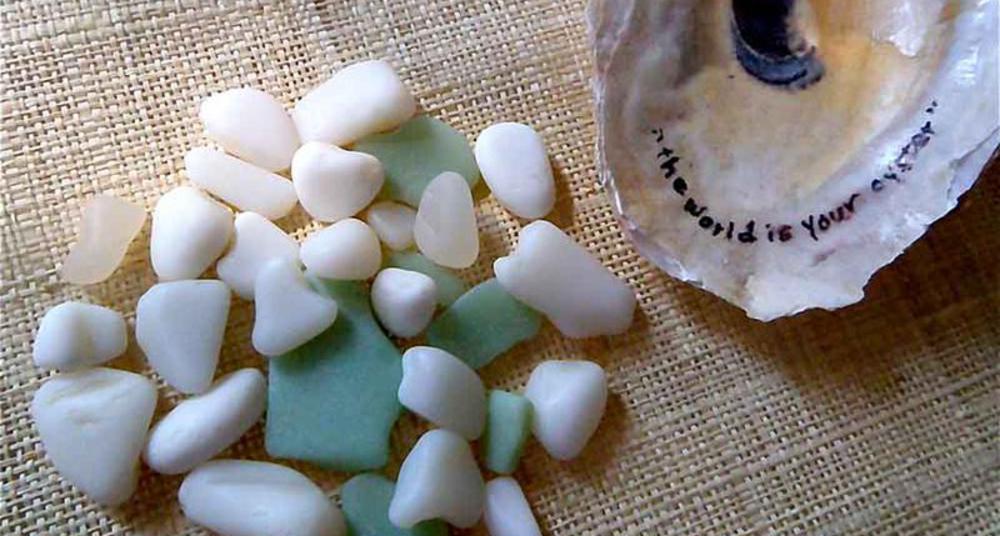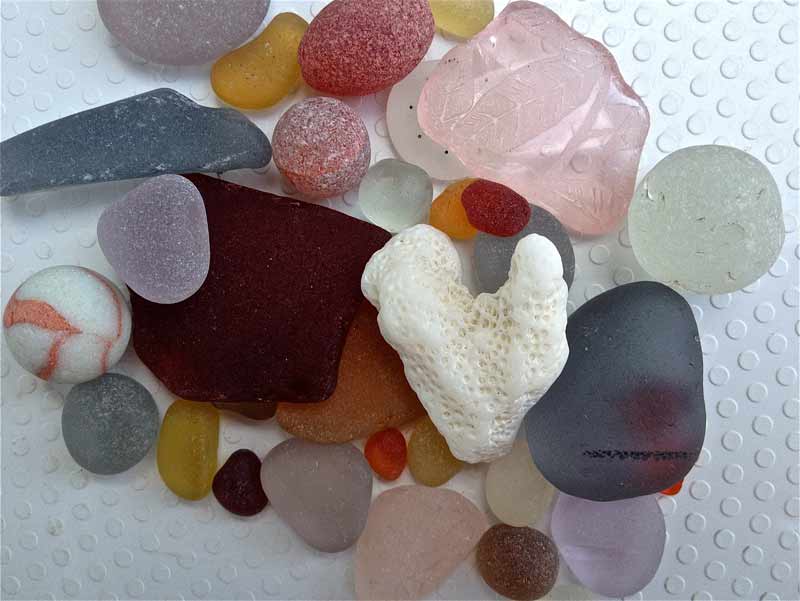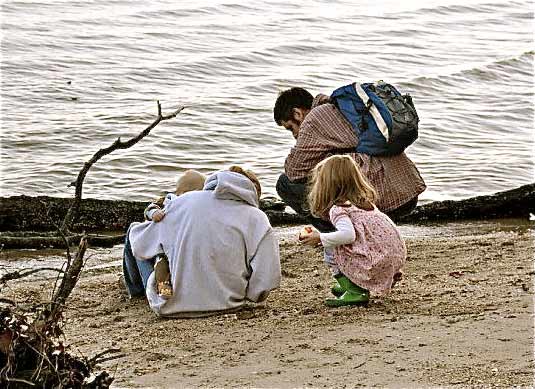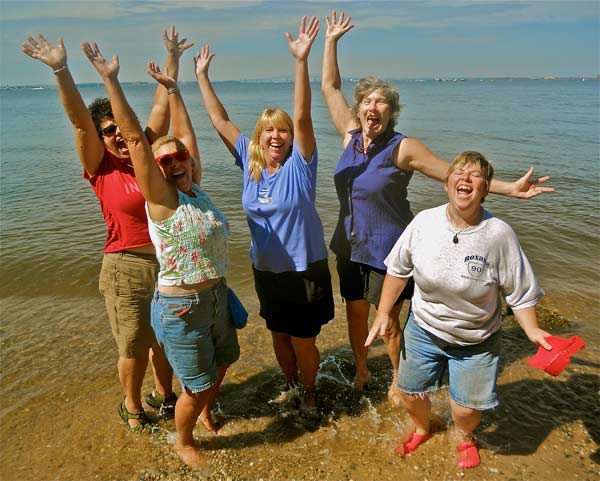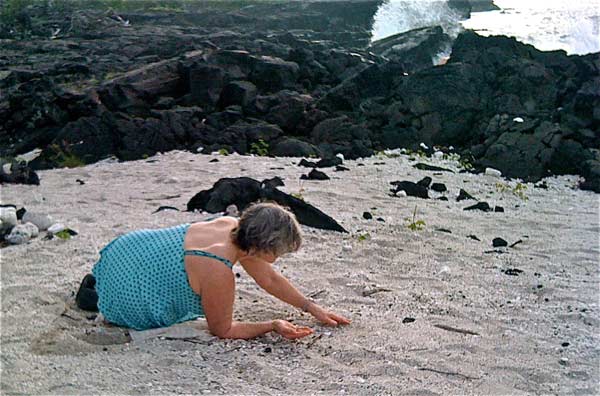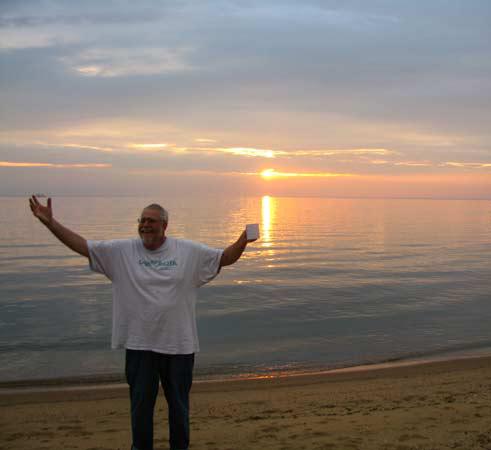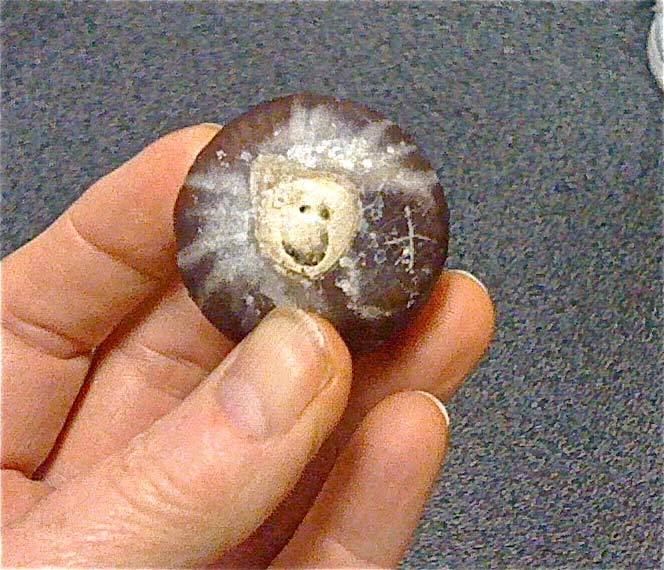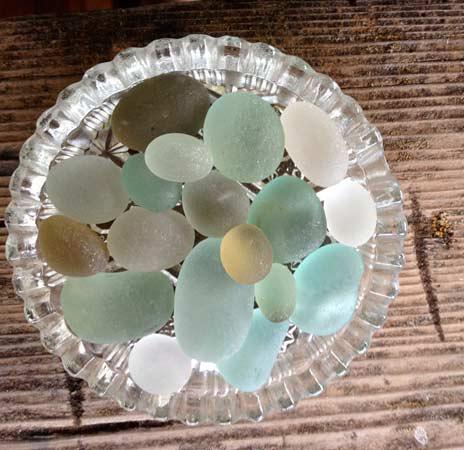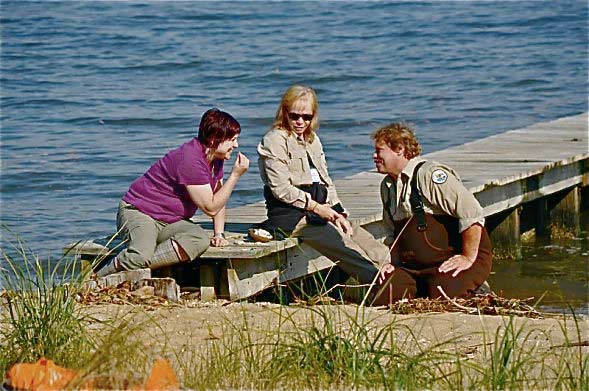BEACHCOMB LESSONS
Walking the beach each day, I collect not only captivating treasures but also invaluable lessons that I use to guide me through life. I include many of them in A Beachcomber’s Odyssey and my upcoming book, Strands in the Sand.
The Essence of Life is Change, Not Stasis.
The tides always roll in and always roll out. On sluggish days with slow tides, few treasures turn up on the shore for beachcombers. But all it takes is one good storm or a brisk wind to stir things up. The ebb and flow of the sea mirror the same in life. If things are great right now, hang on and enjoy the ride. However, if things are difficult, remember that, like the tides, with time, rough stretches also have the potential to change. And sometimes, during rough times, new treasures may reveal themselves.
Time is Your Most Precious Commodity.
Living in a materialistic, consumer culture like the U.S. makes it hard sometimes for people to keep priorities straight in terms of what is really important. Will the next best electronic toy, the biggest house or the fanciest car bring joy? Perhaps. For a while at least. But to me they are temporal and lack import, for if finding a shard of sea glass or a lovely shell can lift my spirits higher than any shopping spree, then why waste the money? Better for my pocketbook, my health and my head to hit the beach.
We never had enough money to compete with wealthier parents in terms buying material things for our children. Nor would we have bothered because we knew - by the example our parents set – that spending time together reading, exploring, baking, beachcombing, playing cards – was far more valuable in terms of laughter, building strong bonds, and expanding intellectual and spiritual horizons.
Sadly, too many of us in consumer cultures feel ashamed when we can’t keep up with the Joneses. But in reality, time is your most precious commodity. Not your bank account. Not your excess of material items. The beach teaches this. It shows us how to be happy with small things again, to be resourceful, to revel in the beauty of nature. My having cancer reaffirmed this. I wanted to live – not so I could go shopping again – but so I could have more time to walk another beach, see another sunset, have a good laugh with old friends, and hug the people I love. The gift of time and yes, good health – if you have both of those, you are lucky indeed.
There is No “Best Toy.”
In the world of beachcombing, please know this: there is no "best" sea glass shard, no "best" beach," no "best combing" method, and certainly no "rarest" beach find. The very process of beachcombing should ease us out of our competitive urges to one-up or out-do each other. Being the best, having the best or doing the best mean nothing in the beachcomb lexicon. Why? Because there are tons of wonderful, fascinating treasures to be found worldwide, and there’s usually more than enough to go around - and if there’s not, there probably will be tomorrow.
Share. Don’t Hoard. There’s Always Enough To Go Around.
The sea and sand are generous with their gifts. Every tide brings with it new treasures. Every wave has the potential of tossing up or exposing different things in the sand. There is enough for everyone at the beach, if not today, then tomorrow or the day after. One can only collect so much. Don’t be greedy. Too many beach treasures only weigh you down. Refine, refine, refine! Keep the best and toss or share the rest. Putting a smile on someone else’s face is also a treasure, too.
Keep Your Options Open.
When beachcombing, it’s always a good idea to have two or three things you like to collect. That way, you’ll rarely be disappointed in your search. My special favorites include old pottery shards with patterns; Native American relics such as arrowheads; certain colors of beach glass, or glass shards with embossed designs or letters on them; and all types of quartz stones, but especially rose quartz and “button drops” which are small clear perfect orbs of crystalline quartz.
The Magic of Something Lies in Your Perception of it.
If a wave washed up a piece of aqua sea glass, many people would probably think “big deal, a piece of broken glass” if they even noticed it at all. But when something like that happens to me—when I look down and discover a shimmering piece of frosted sea glass or a slim polished oval of pink quartz—I’m filled with the same rapture I felt as a kid on Christmas morning at the first sight of wrapped presents under a sparkling tree. Pure magic. Nothing beats it.
There are Always Opportunities for Miracles.
Sometimes when I’m just about to call it a day and give up the search, a miracle happens. A fossilized shark tooth pokes out of the sand by my big toe or a red glass marble rolls in on a wave right up to me. Even during days of the slimmest pickin’s, I know that there is always the possibility of magic happening. It is the same with life. Serendipity can’t be planned, but it does happen, and perhaps even more often if you are attuned to all of life’s possibilities.
Everyone Has Obsessions. Pick Ones That Are Life-Enhancing, Not Life-Destroying.
For me it began in the middle of winter when a scarlet duck decoy eye swept in on a wave. Looking for more of the same, I soon began beachcombing two, sometimes three times a day, climbing up and down rocks, jumping off jetties, strolling over miles of hard packed sand, and bending, bending, and doing more bending. My love for beachcombing became such an obsession that I let other important things in my life slide. Worse, all that bending and climbing coupled with prolonged (incorrect) sitting at the computer spiraled into a serious back injury. Too much of a good thing cost me five months in bed.
BEACH ETHICS
Never kill a mollusk for its shell.
Beachcombing is not trophy hunting and though a shell may be beautiful to you, it is also beautiful to the animal that calls it home. Don’t destroy the balance of nature to satisfy your need to own a pretty shell, which will only collect dust on your shelf. Leave mollusks in their natural habitats. If you find live sea animals stranded on the shore, either leave them alone or toss them back in the water.
And consider boycotting exotic shell shops, too, whose products support industries that are currently destroying reef systems in Asia and Southeast Asia. If you love to collect shells, stick to the empty ones you find on a beach or those whose flesh you ingest (conch, scallops, oysters, opihi).
Disturb the beach as little as possible.
Try not to disrupt the shore ecosystem by using tools such as trowels or shovels to dig for treasure, especially on sandy beaches. Sifting through the top layer of sand, panning with mesh trays or sifting through shell beds to find things is fine. But digging large holes in the sand (especially when you don’t fill them back up afterwards) or gauging sandy clay cliff sides for fossils can be dangerous for you and other people, and is harmful to the beach ecology. Remember: if you have to dig for it, its not really beachcombing.
On the other hand, on rocky or stone cobble beaches, you may need to lift rocks up or shift the top layer of cobbles aside to see if there is anything trapped underneath. Just be sure to put everything back or smooth the surface back to the way it was.
Be selective. Never take more than you need.
Collect what you want but refine the beach treasures you collect each day before you head home.
Collecting too much leaves less for others to find and only weighs you down. Soon all your beautiful things are stashed away in boxes in the basements. Who enjoys those then? So free yourself up. Share your finds or toss them back on shore.
Love the Place that Loves You
It's only natural. When you love something, you want to protect it.
Most beachcombers come to love the shoreline; that narrow, 'slip of heaven' situated between the water and the land, and many end up becoming stewards of their beaches. They clean up the trash as they beachcomb, toss shells with living mollusks inside back into the ocean, and remove dangerous debris such as nails or needles other could step on. Such stewardship eventually extends into their daily living patterns: they use less plastic and packaging, recycle more, buy less, and even avoid releasing helium balloons into the atmosphere because sea animals swallow and choke on the deflated balloons.
Pick up litter and netting while you 'comb, and at home, stop the "Litter-Drift."
The plastic problem begins at with HOME with you and the choices you make regarding packaging. Don't assume that all plastics are recyclable – most are not - or that your city, county or state are doing all they can to recycle products because most probably aren't. Opt for cloth or net bags for groceries and produce, glass or metal water canisters and containers, and re-usable straws, napkins and silverware. Select food products that use as little plastic packaging as possible. Help cut down on the manufacturer and sale of new consumer goods by shopping in secondhand boutiques and thrift shops, trading for desired goods, or recycling cast off items.
On the beach, consummate beachcombers often carry an extra bag to collect trash as they comb. You are doing the coastlines a big favor - and human kind as well - as the toxins that leech into our waterways from plastics and household chemicals/cleaners also create havoc to our health, too. Some beaches attract lots of plastic flotsam, like this one on Oahu, Hawai'i, so we know when we comb there to always bring bags with us to clean it up.
Be of goodwill. Be inclusive, not exclusive.
Beachcombers are generally a friendly lot. They don’t care how you look, how much money you make or if you’re wearing the latest fashions. They are much more interested in comparing notes, trading beach treasures or planning ‘combing expeditions together. So share good beaches and research tips, swap reference books and trade artifacts with others. You will be repaid tenfold.
Also, beauty is in the eye of the beholder. What I find beautiful, you may not. But that’s okay. In fact, that’s great! Then we won’t be searching for the same things. I always encourage novice beachcombers to develop and/or be true to their own taste and not base what they collect on what’s in vogue or popular.
Coastal stewardship requires us to be more and more mindful and vigilant in the face of too much human carelessness, too much greed and development; too many toxins; and increasingly extreme weather patterns. But it is the best way to honor the pace in nature that beings us so much joy.
The World is Your Oyster, too! photo by Deacon Ritterbush
A coral heart nestles atop some rare sea glass colors
Combers Margaret, Richard, Abby & James, searching for fossil shark teeth, Calvert Cliffs, MD
Comber Curt celebrating a Chesapeake Bay dawn
Comber Rebecca discussing the finer points beachcombing with fossil specialist, Scott
